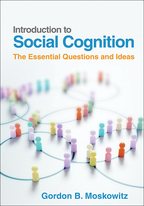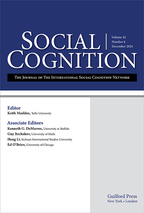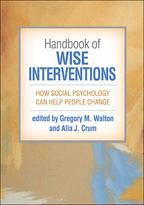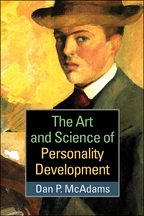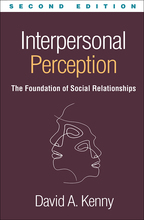Introduction to Social Cognition
The Essential Questions and Ideas
Gordon B. Moskowitz
2. We Create Internal Mental Representations of External Reality
3. Self-Report Is Unreliable Because Cognition Is Often Automatic 
4. We Can Know What People Think Even When They Don’t Know
5. First Impressions Are “Sticky” and Difficult to Update
6. First Impressions Can Be Implicit, Making Them Even More Persistent
7. We Follow Rules When Asking “Why?,” Acting Like Intuitive Scientists
8. Biases Are Common and Arise from Normal Cognitive Processes
9. Biases Are Common and Are Often Motivational in Nature
10. Beyond the Information Given: Responding Guided by Priming
11. Prejudice and Stereotyping
12. Cognitive Processing Is Flexible, and Processing Types Dissociable
13. The Updating of Impressions Is Promoted by Diagnostic Stimuli and One’s Goals
References
Author Index
Subject Index

